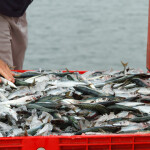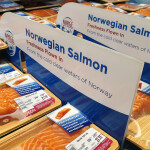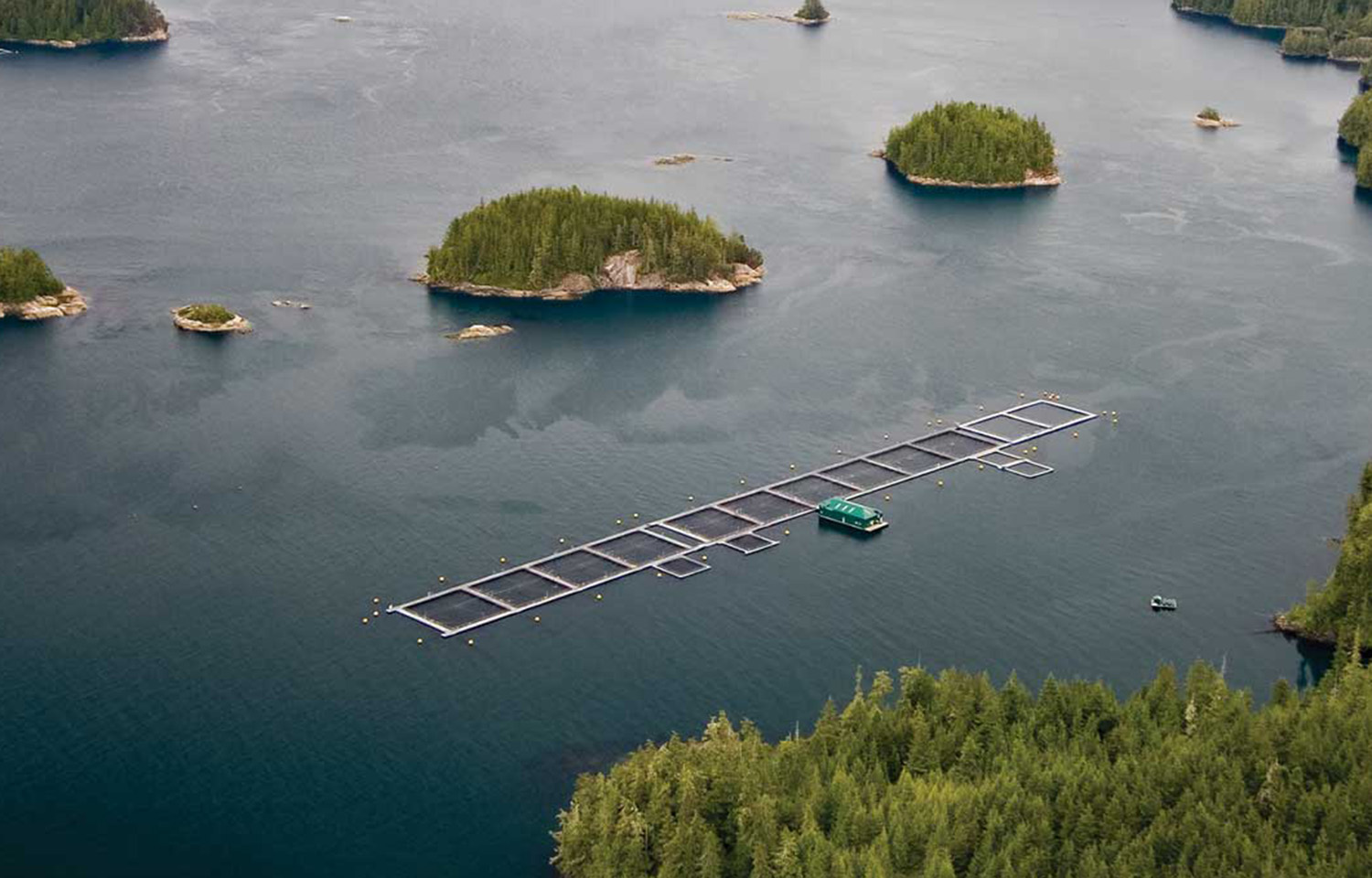A Canadian federal court has ruled that a decision to not renew salmon farming licenses in the Discovery Islands, located in British Columbia, Canada, met necessary government standards.
In February 2023, Canada’s Department of Fisheries and Oceans (DFO) announced it would not renew licenses for 15 open net-pen Atlantic salmon farms in the Discovery Islands. Joyce Murray, who, at the time, was Canada’s minister of fisheries, oceans, and the Canadian Coast Guard, announced the decision following “extensive consultations with First Nations, industry, and others and after closely considering the submissions received.”
The Wei Wai Kum and We Wai Kai First Nations, as well as salmon farm operators such as Grieg Seafood, Cermaq Canada, and Mowi Canada West, applied for judicial review of the decision soon after. Now, Canadian Federal Judge Paul Favel has ruled that Murray’s decision met the “requirement of the duty to consult” and “did not breach the operators’ rights of procedural fairness,” the Canadian Press reported.
The saga stems from a December 2020 announcement that the DFO wanted to phase out all ocean-based salmon farming in the Discovery Islands – a move that B.C. communities and salmon farmers said they were “blindsided” by. An earlier court decision in 2022 initially overturned the DFO’s order, sending it back to the department for reconsideration. The 2023 decision to not renew licenses followed the second consultation process, meeting government standards, according to the latest court decision.
Opponents of salmon farming in the region, including Wild First and the First Nation Wild Salmon Alliance (FNWSA), welcomed the decision, calling it the beginning of a “meaningful transition plan” to protect wild Pacific salmon populations and reconcile with First Nations groups across B.C.
“This federal government is making the correct decision to honor the direction of the Supreme Court of Canada by consulting with First Nations across British Columbia, not just site-specific where the farms are,” FNWSA Chair Bob Chamberlin said. “What they’re learning is that the majority of First Nations across the province are calling for the removal of fish farms from the ocean.”
The DFO’s actions are in accordance with a mandate issued by Canadian Prime Minister Justin Trudeau, who has said he wants to phase out net-pen salmon farming in BC and transition to the industry to land-based aquaculture.
Salmon-farming companies in the region oppose that approach, saying a move to land-based aquaculture isn’t feasible for the companies or the industry.
In a webinar hosted by the Global Seafood Alliance covering the topic of salmon aquaculture in British Columbia, Amanda Luxton, the Tsulton site manager for Mowi Canada West, said building land-based recirculating aquaculture systems (RAS) will cost more, require more energy, and take up lots of space on land.
“If you’re going to be growing big fish, due to densities, you’d have to have a lot of tanks – and a lot of big tanks – and all the components that go with it,” Luxton said. “You have pumps, you have UV, you have ozone, you have drum filters – there’s so many components that go into making a RAS successful.”
The energy needed to run a facility and heat or cool the water is immense, according to Luxton, and the farms require backup generators in case power is interrupted.
“You have to have every kind of plan to make sure if something goes wrong, you’re prepared,” Luxton said.
That equipment and planning all requires additional money, driving up the price.
“So, if you are trying to grow this product on land and you are spending so much money to grow, it’s going to have to be super expensive, and at the end of the day, that’s not what you want,” Luxton said. “You want to be able to grow happy, healthy fish that anybody can afford and eat.”
A report commissioned by the British Columbia Ministry of Agriculture and Food and conducted by Counterpoint Consulting also found that transitioning from net-pen salmon farms to land-based systems in BC isn’t economically feasible.
The 2023 report stated that the transition would require an investment of CAD 1.8 billion (USD 1.3 billion, EUR 1.2 billion) and would likely mean B.C. communities would miss out on the economic benefits, as RAS systems would be located closer to areas with higher populations.








